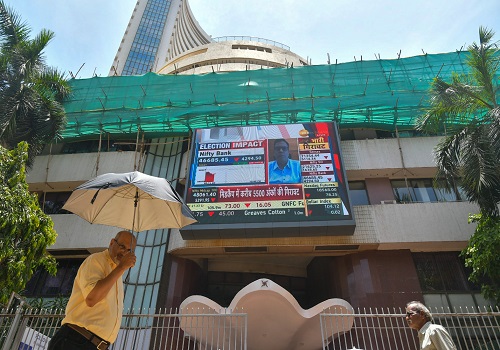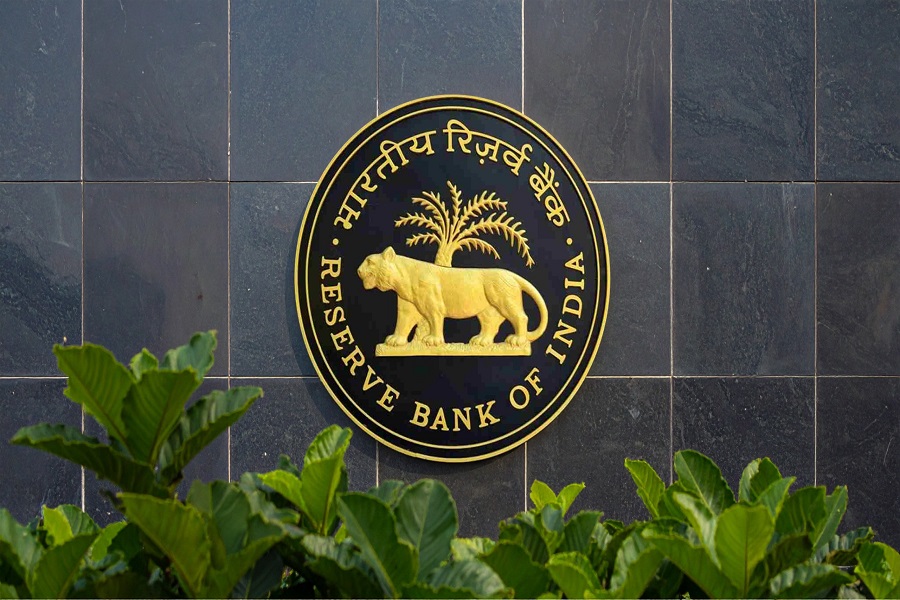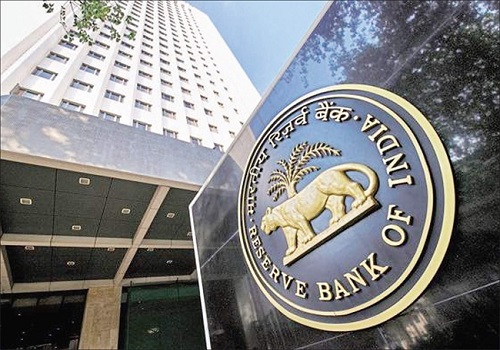RBI Monetary Policy Update - Comfortable Growth Inflation Dynamix Enables Status QUO by SBI Capital Markets

EXECUTIVE SUMMARY
MPC unanimous in inaction on policy rate and stance as growth-inflation dynamic remains conducive
Repo rate was kept at 5.50%, and policy stance retained at “Neutral”, both by unanimous decisions. The decision reflects RBI’s sanguine outlook for growth as it kept projection for FY26 unchanged at 6.50% y/y and posited Q1FY27 at an optimistic 6.60%. Even as inflation projection was slashed, the Governor was quick to point out that rockbottom numbers in the near term are enabled by tanking of volatile vegetable prices, and Core remains steady at ~4% y/y. Thus, the RBI seems to be confident about growth and cautious on inflation
Gong of positivity sounded on growth even as global headwinds could lash India
Aided by above normal southwest monsoon, lower inflation, rising capacity utilisation and congenial financial conditions, the RBI kept its growth outlook intact. However, things may not be as dandy. Flow of non-food bank credit reduced by Rs. 3.4 trn in FY25 to ~Rs. 18 trn. This meant that overall flow of financial resources to the commercial sector increased by <3% y/y in FY35, indicating reluctance for capex. We also forecast stronger than initially expected tariff impact in light of recent announcements by the US, which will keep the real GDP growth limited to 6.2% y/y in FY26
Inflation is benign for now though risks remain evenly balanced
A sharp fall in vegetable prices led to RBI slashing its inflation forecast from 3.7% y/y to 3.1% in FY26. This is sharpest cut in full fiscal inflation projections within a single policy (80bps) since atleast Apr’21. The number remains prey to volatility and excessive and unseasonal rains in some parts of the country are driving up vegetable prices in the past few days. Even as Brent Crude prices remain below USD 70/bbl, the price of India’s crude basket could see a rise due to sanctions. Core has been steady around 4%. These factors pushed the RBI to keep its projection for Q1FY27 stiff. We broadly align with the RBI on CPI
Systemic liquidity remains ample, new liquidity framework to remain similar to current model
Banking system liquidity remained in excess of Rs. 3 trn on most days since the Jun’25 policy. Infact recent auctions by RBI to pump liquidity have not seen full response. Phased CRR cuts which will occur in the next few months will further supplement liquidity. Further, the new liquidity policy which will be announced soon is expected to remain in line with the current one, with WACR remaining the operating target of the repo, and VRR and VRRR of various tenors as instruments.
Union G-sec yields to remain rangebound, transmission to bank rates is accelerating
10Y benchmark Union G-sec yields inched up in the aftermath of the policy by ~5bps as markets perceived the policy as a “hawkish hold”. In effect, Union G-sec yields are expected to remain rangebound in the coming months. 10Y yields have fallen ~30 bps since the first rate cut in Feb’25. Remarkably, the 100bps repo cuts since then have translated to ~80bps cuts in fresh bank lending and deposit rates in the same time period, indicating excellent efficacy in transmission. We expect future rate decisions to be data driven, with atmost 1 cut more in FY26. Further, corporate spreads could widen as risk pricing gets better.
Above views are of the author and not of the website kindly read disclaimer























